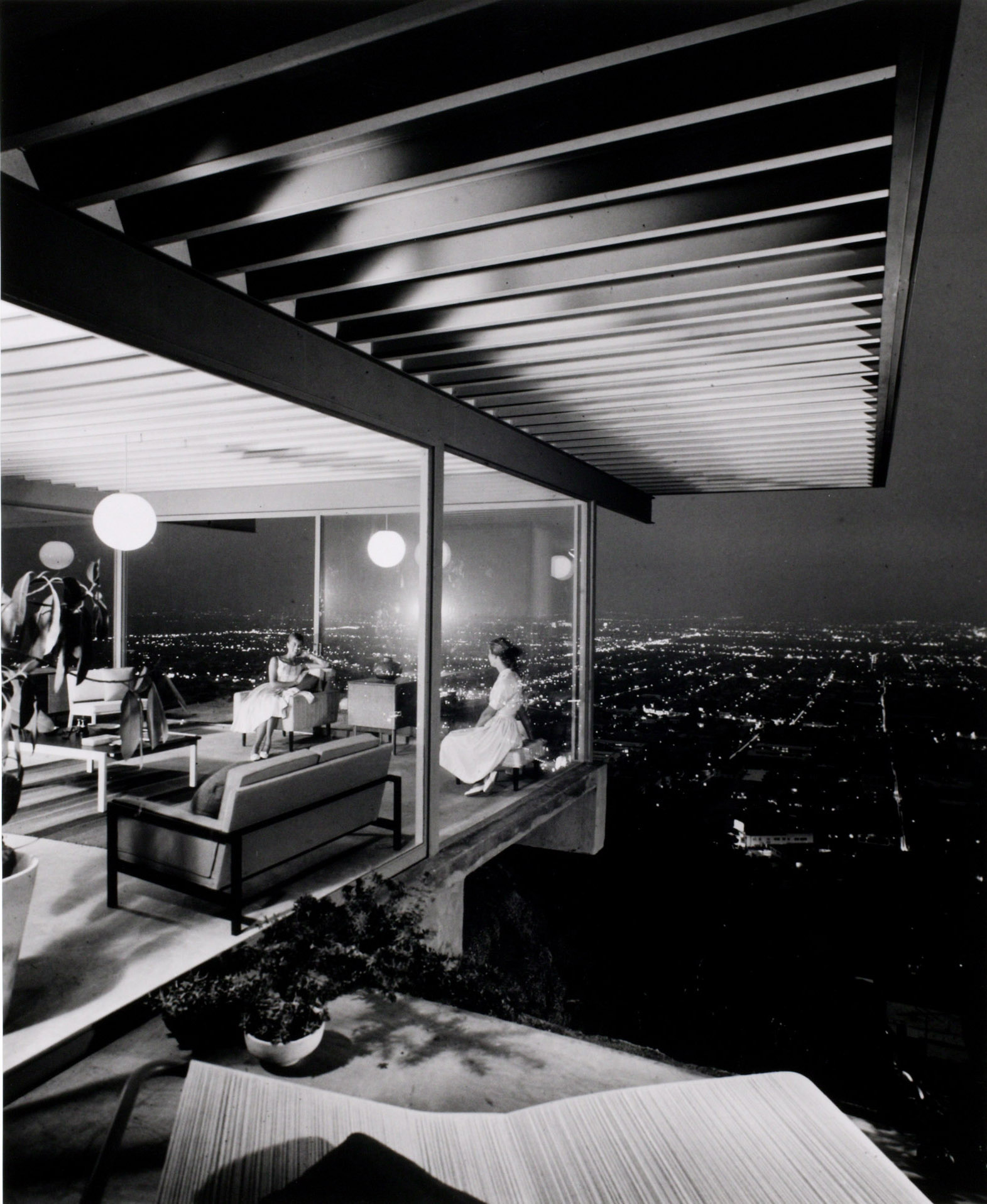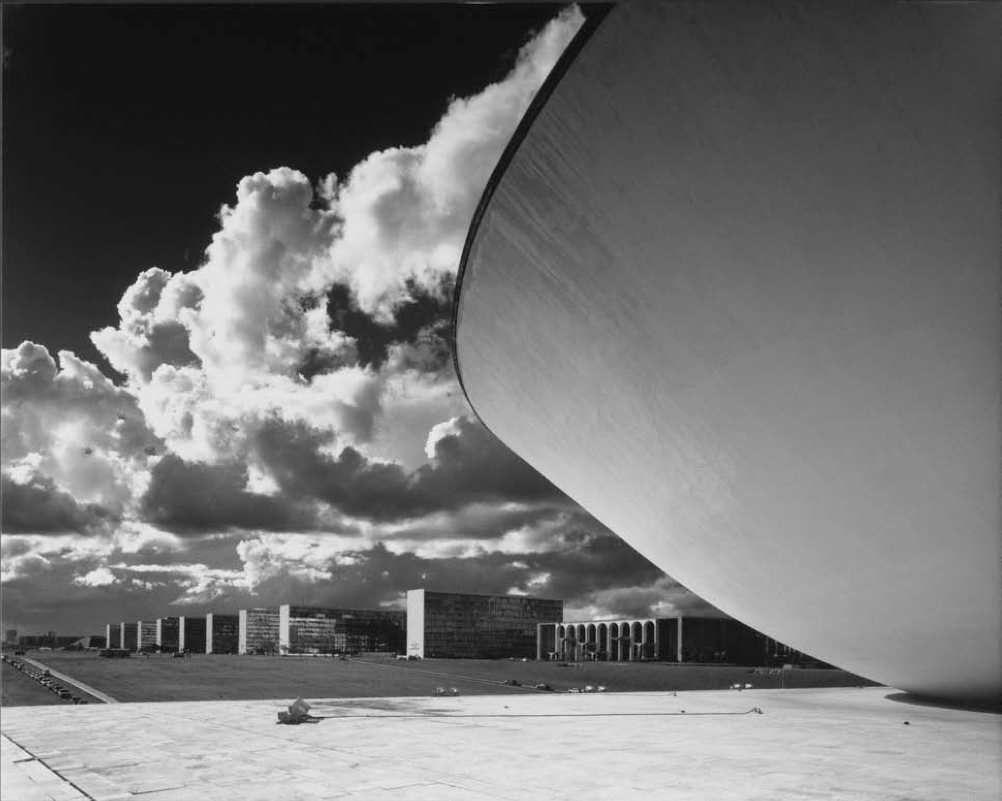You may not have heard of Julius Shulman, but I bet you’ve seen his photos. Schulman (1910-2009) was the foremost architectural photographer of the 20th century, and was responsible for spreading the popularity of California modernism all over the world.

Shulman lived in Los Angeles, and got his start when the architect Richard Neutra saw a photograph that Shulman had taken. In the early 20th century, new ideas about architecture were spread mainly through images and publications. Much like today, most people experienced design through photographs rather than personal experience. At the forefront of architectural photography, Shulman shaped the way the rest of the world saw the newest buildings.

His unique way of composing photographs was true to modern aesthetics, and architects from around the world continued to seek his expertise until his death in 2009. He was known for employing single-point persepective in his pictures; he held the camera horizontally so that all lines converged toward a vanishing point in the center of the frame.

It may sound simple, but this trick allowed him to emphasize the clean lines, sweeping views, and dramatic perspectives inherent in modern buildings. Tom Ford, famous Gucci designer, once remarked that Shulman actually made buildings appear more beautiful than in real life.

I highly recommend the 2008 movie Visual Acoustics, which chronicles the life and work of the photographer. The film is narrated by Dustin Hoffman and features interviews with Frank Gehry and Tom Ford. It also features numerous photographs and footage of modern landmarks – the next best thing to seeing these great buildings in person. Here’s the trailer:
There is also a gigantic three book set on Shulman available from Taschen – it’s defintely worth a look, though its price is equal to its heft!

I hope you’ll take a closer look and find that Julius Shulman has already influenced how you see the world.
-Robert
image 1: New York Times
image 2: blogspot
image 3: fascina
image 4&5: design kultur
